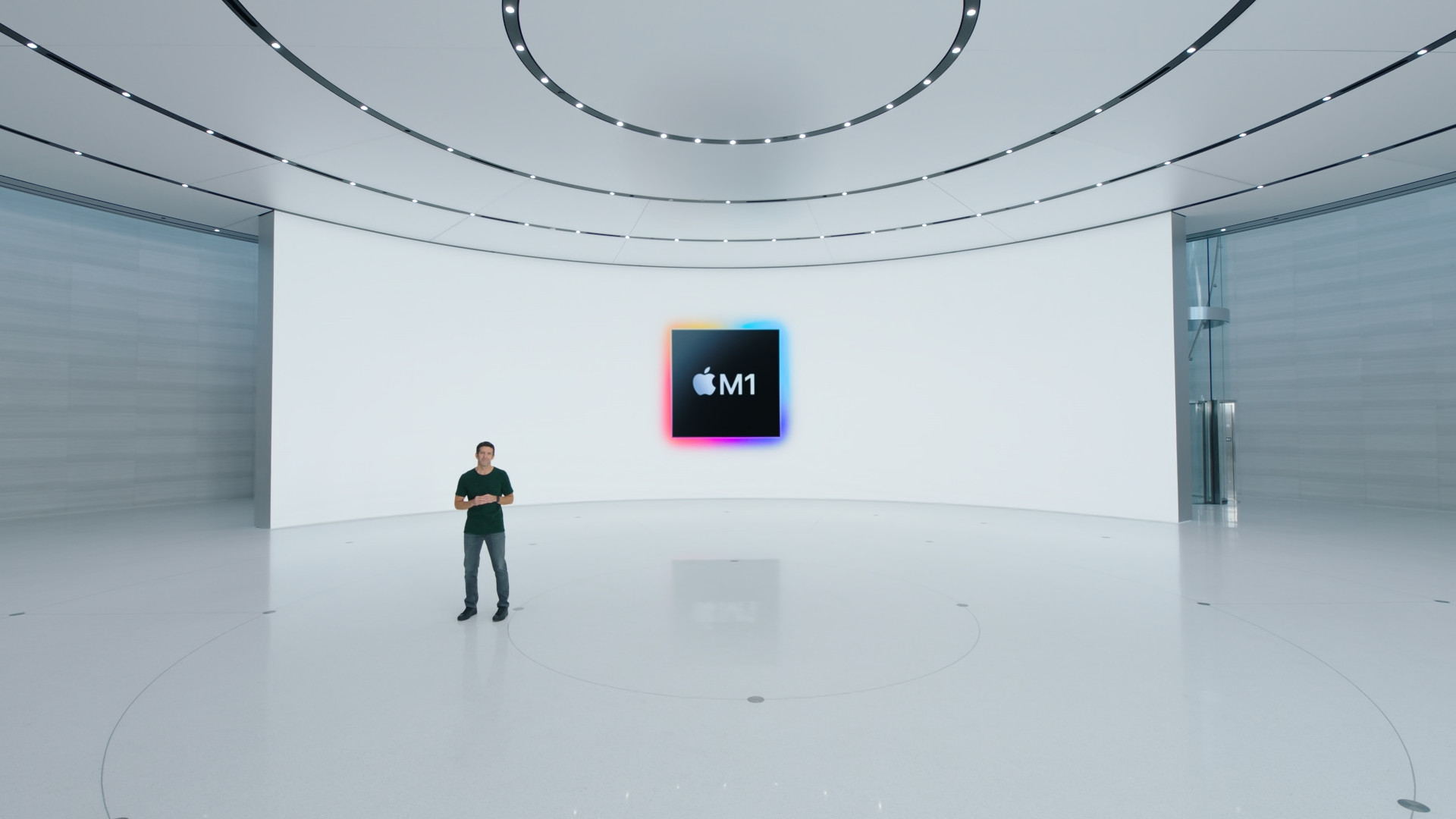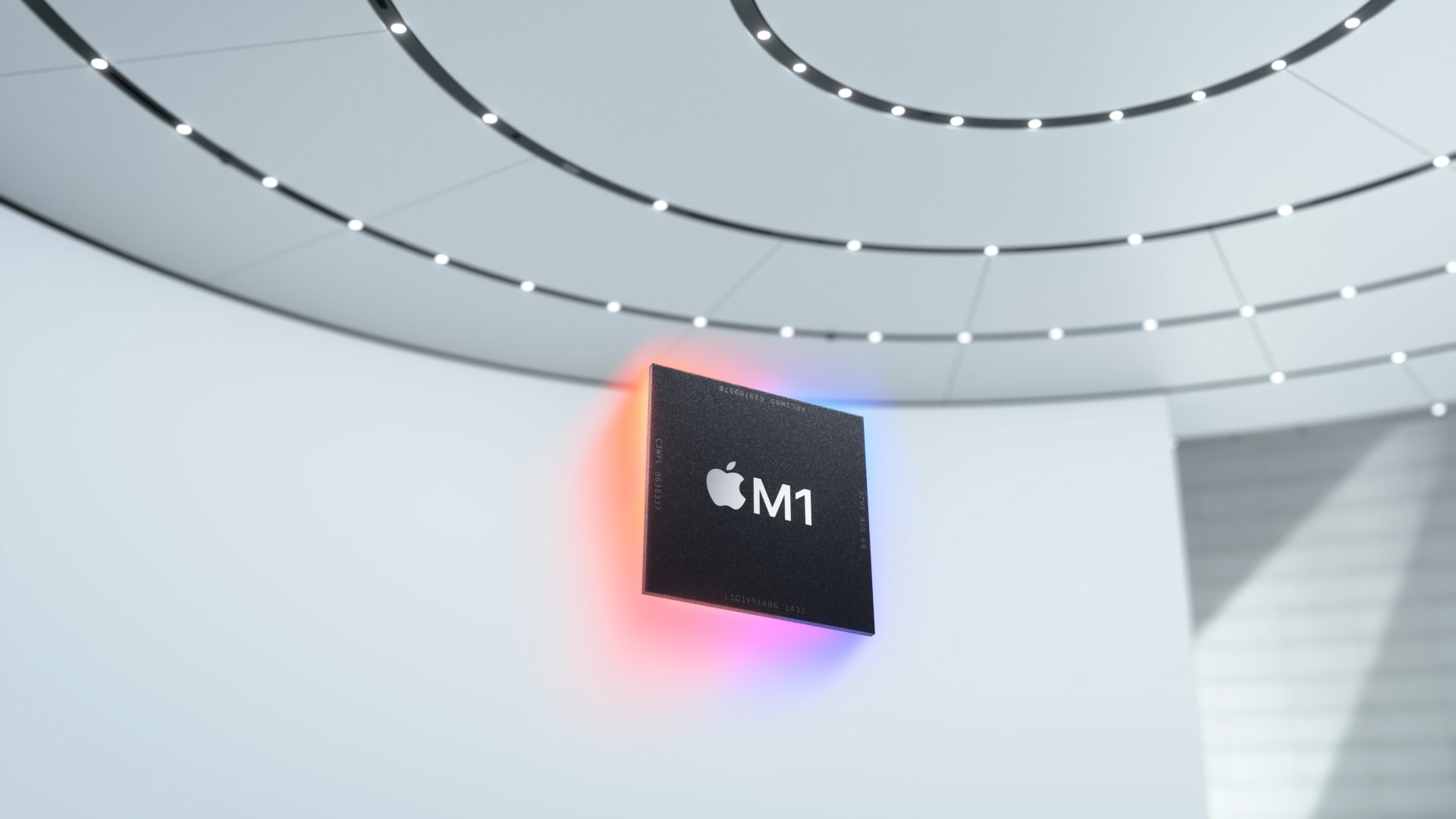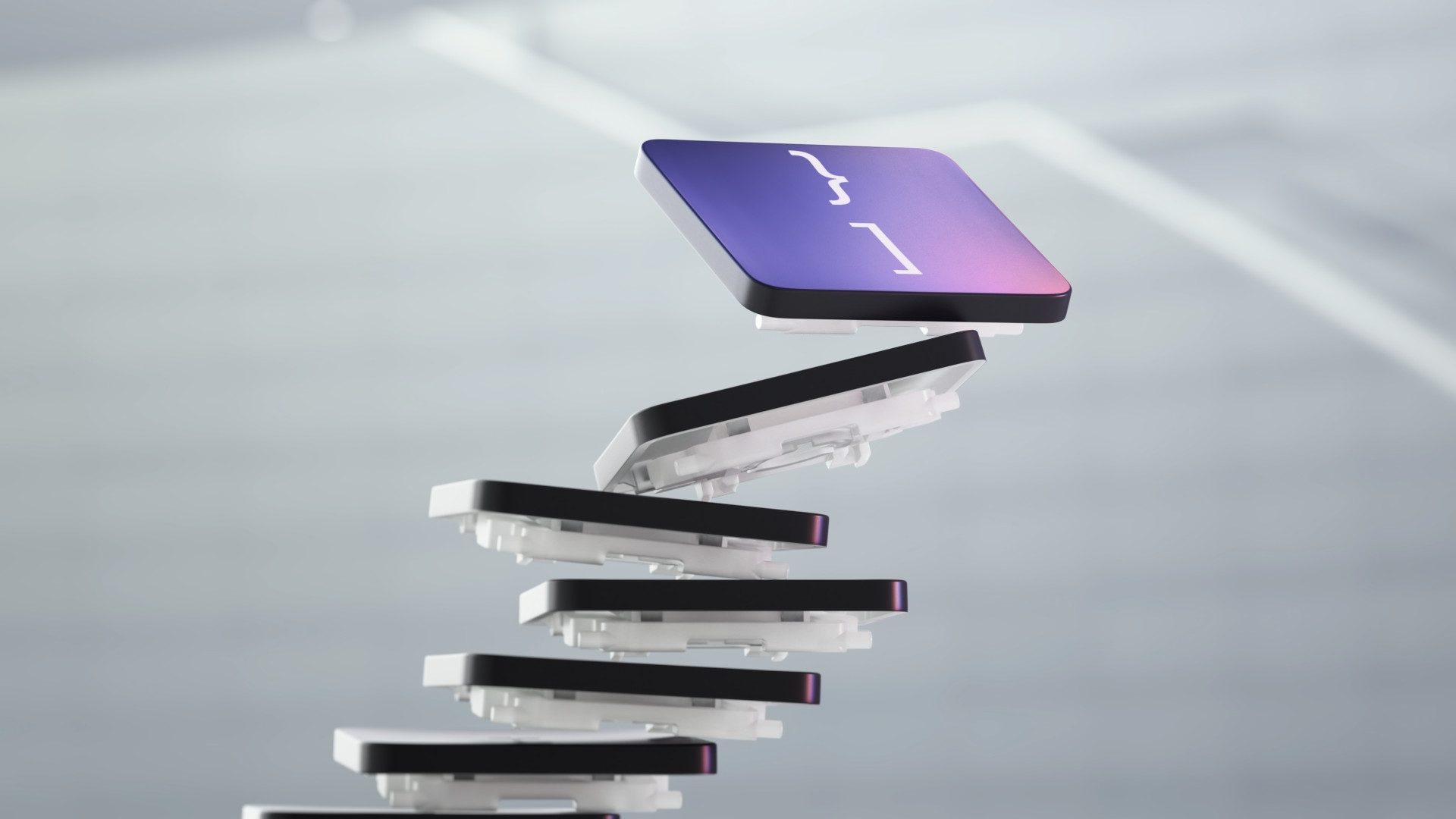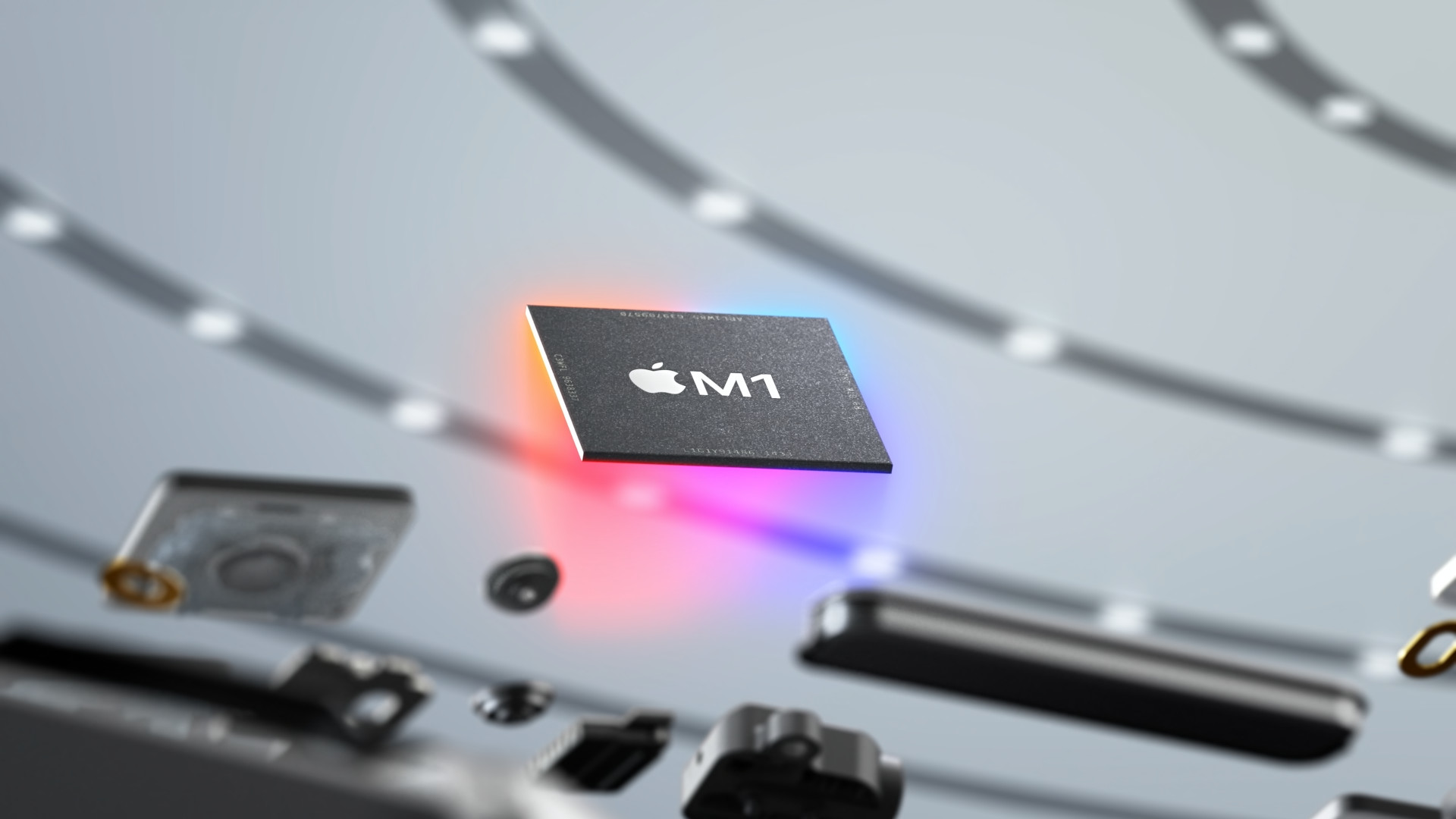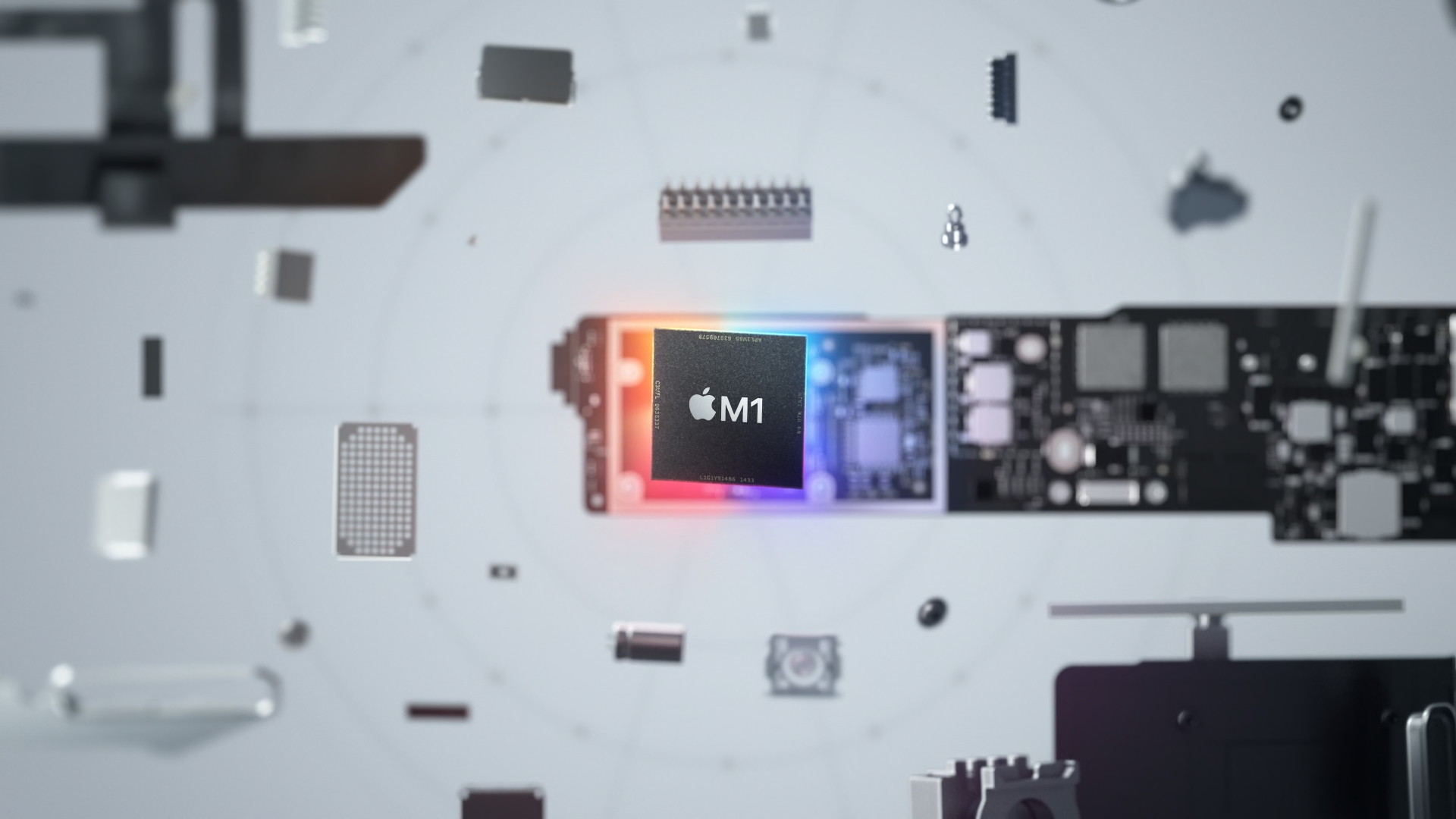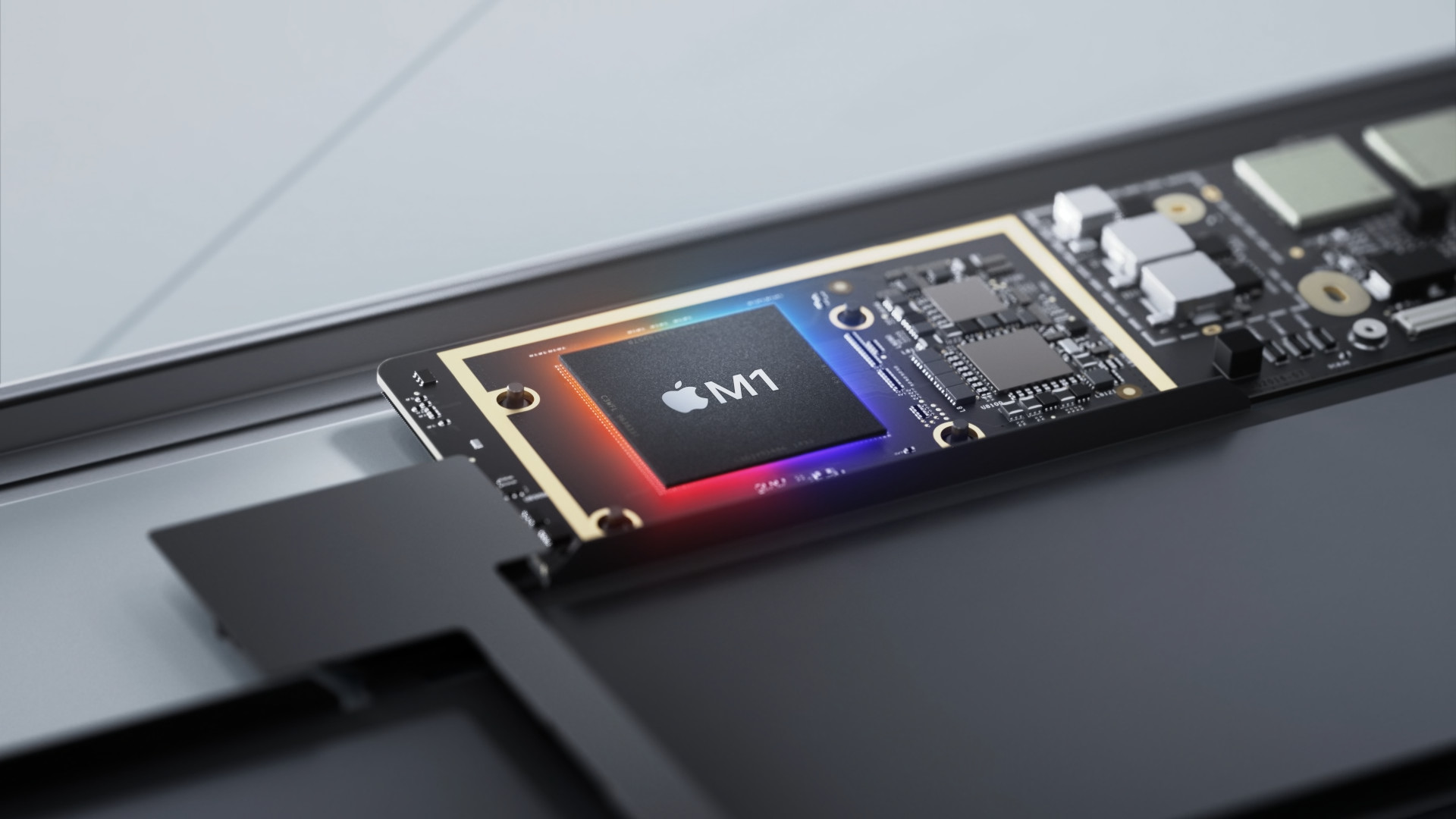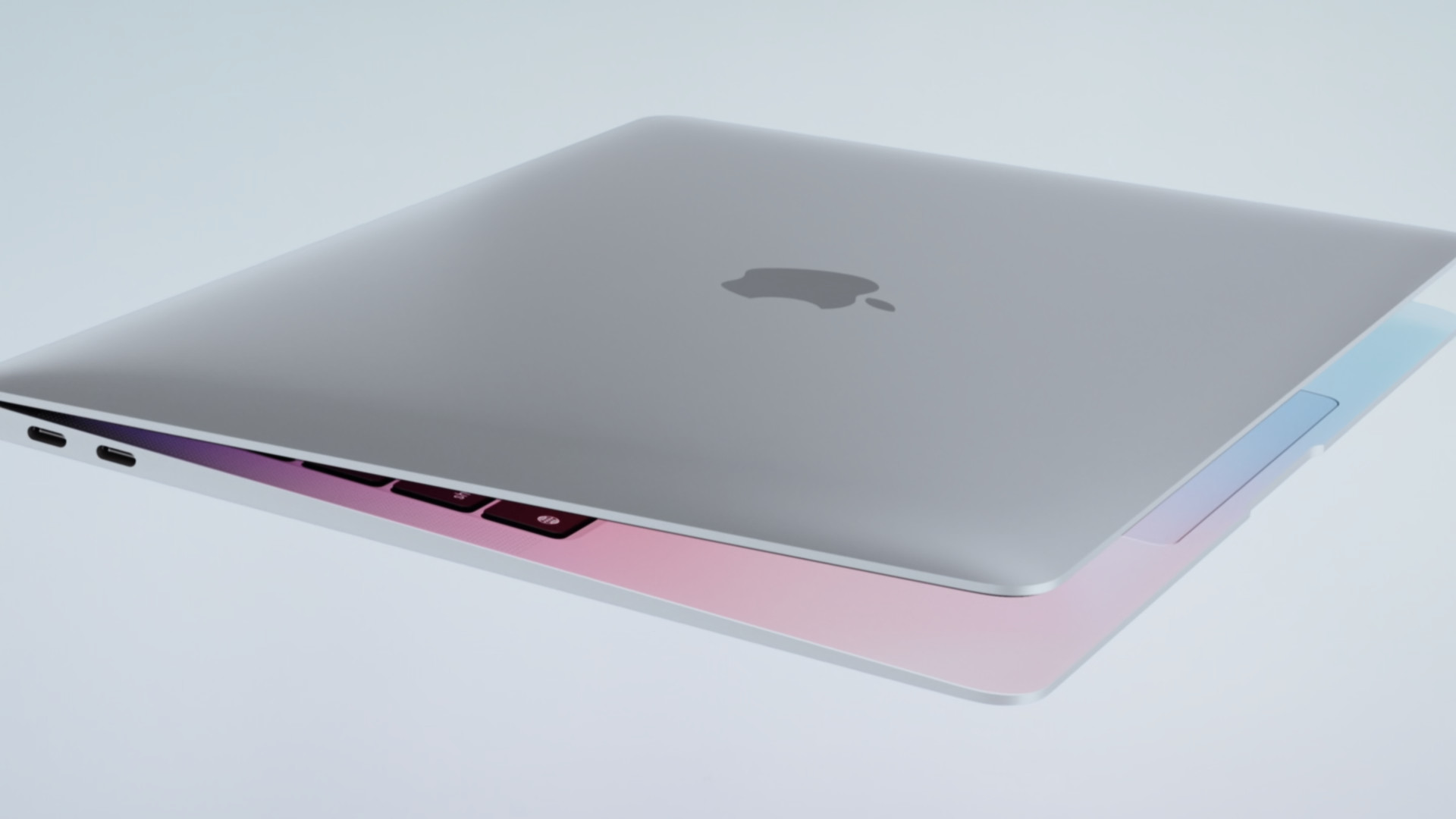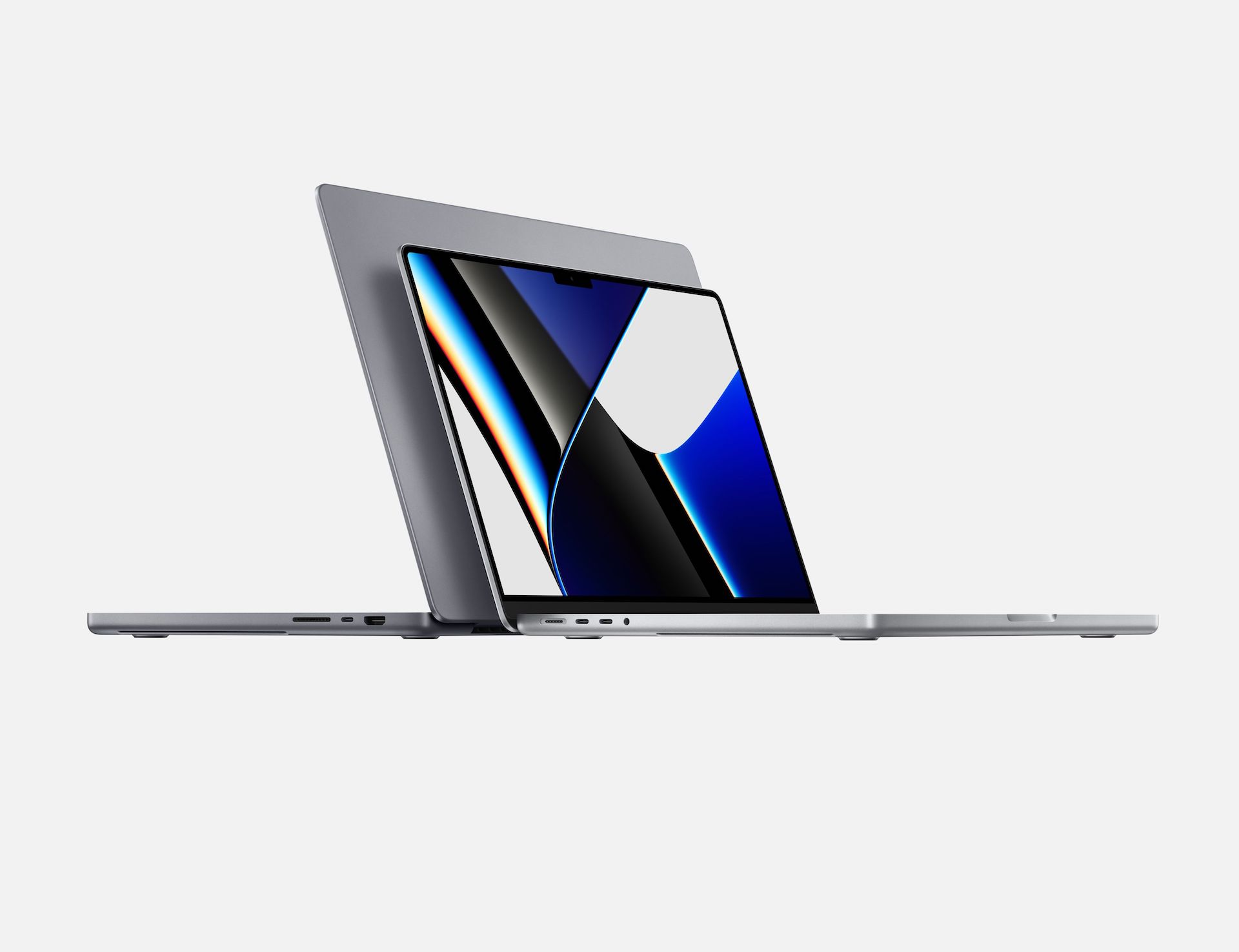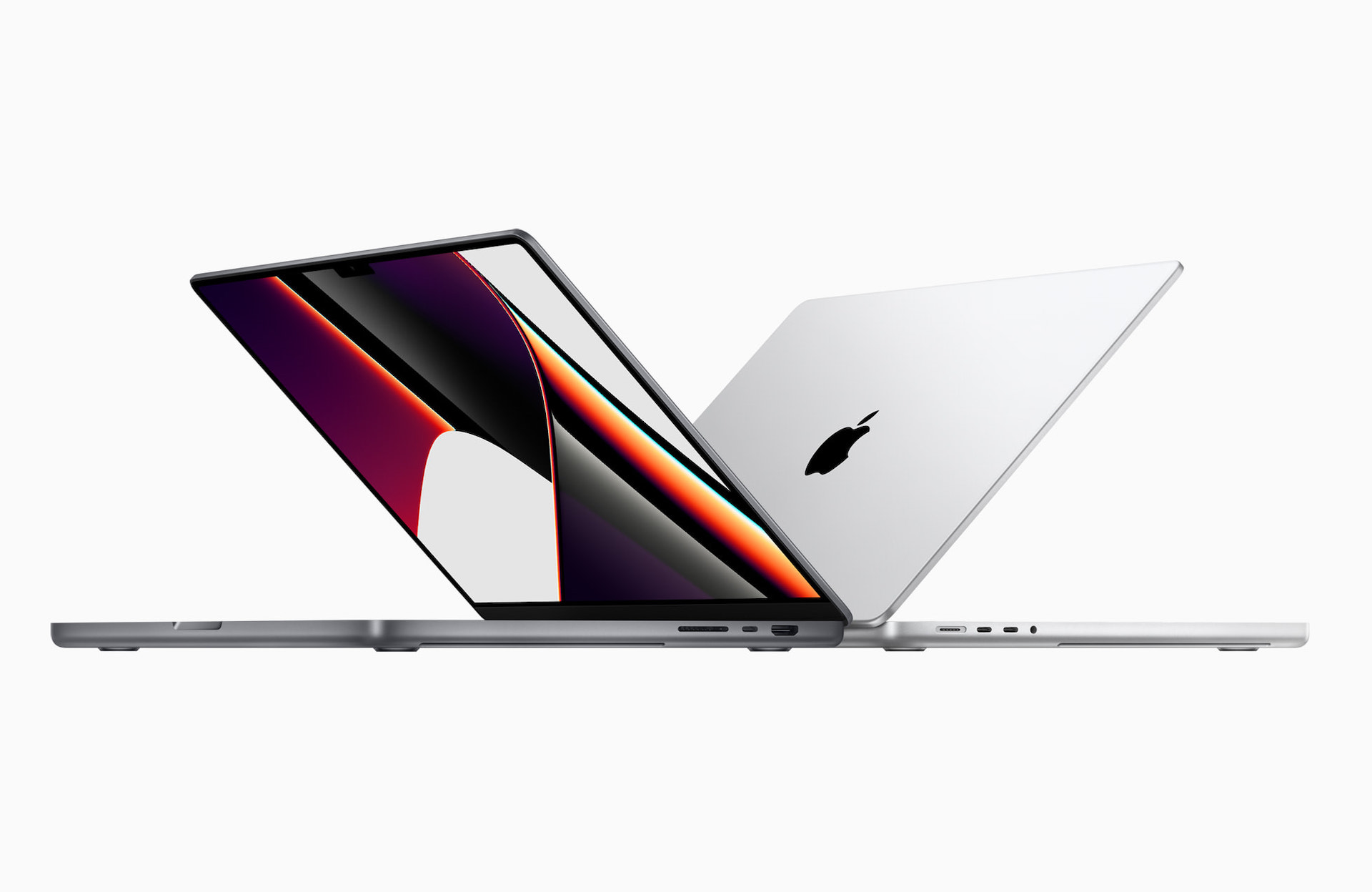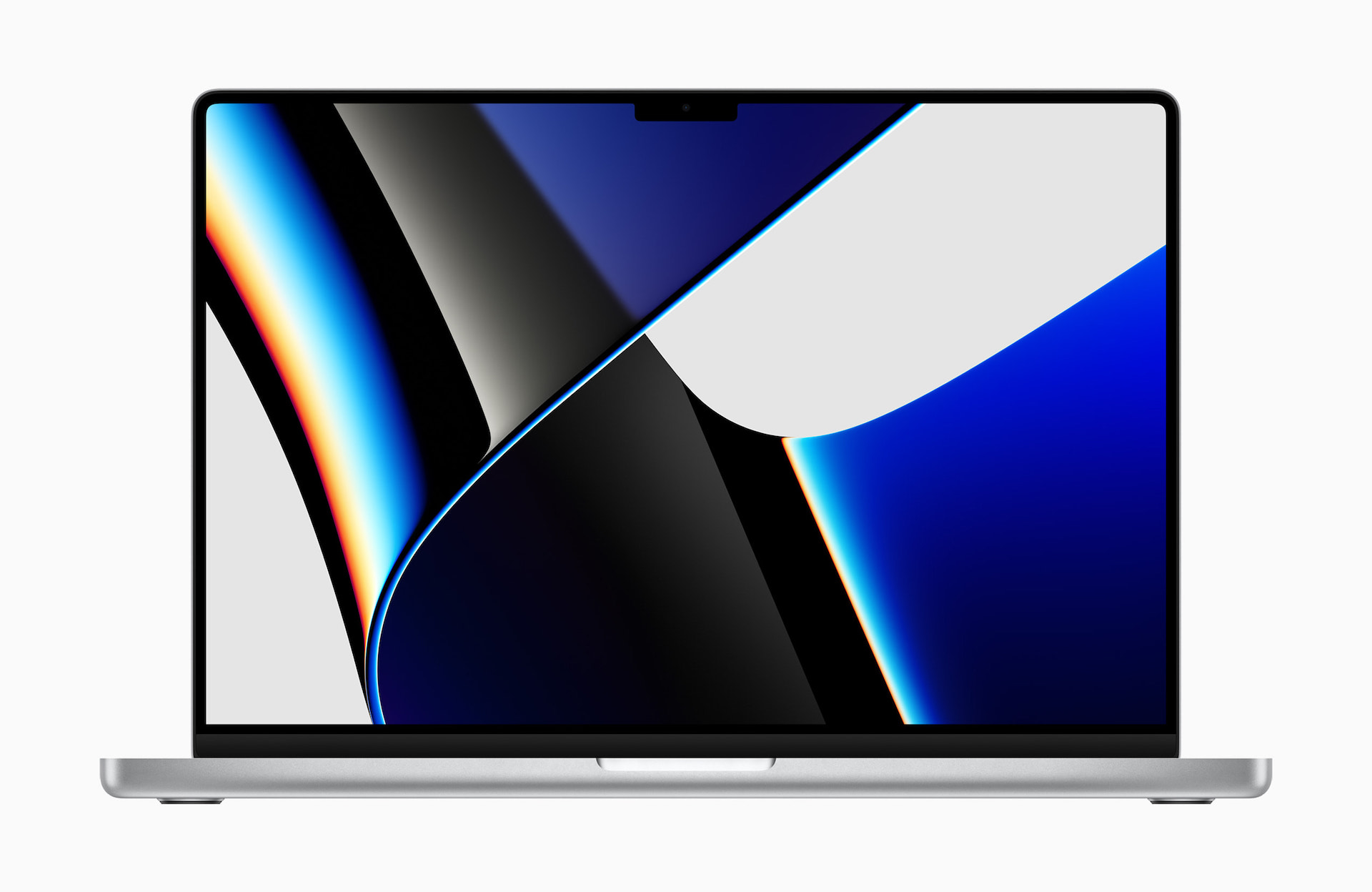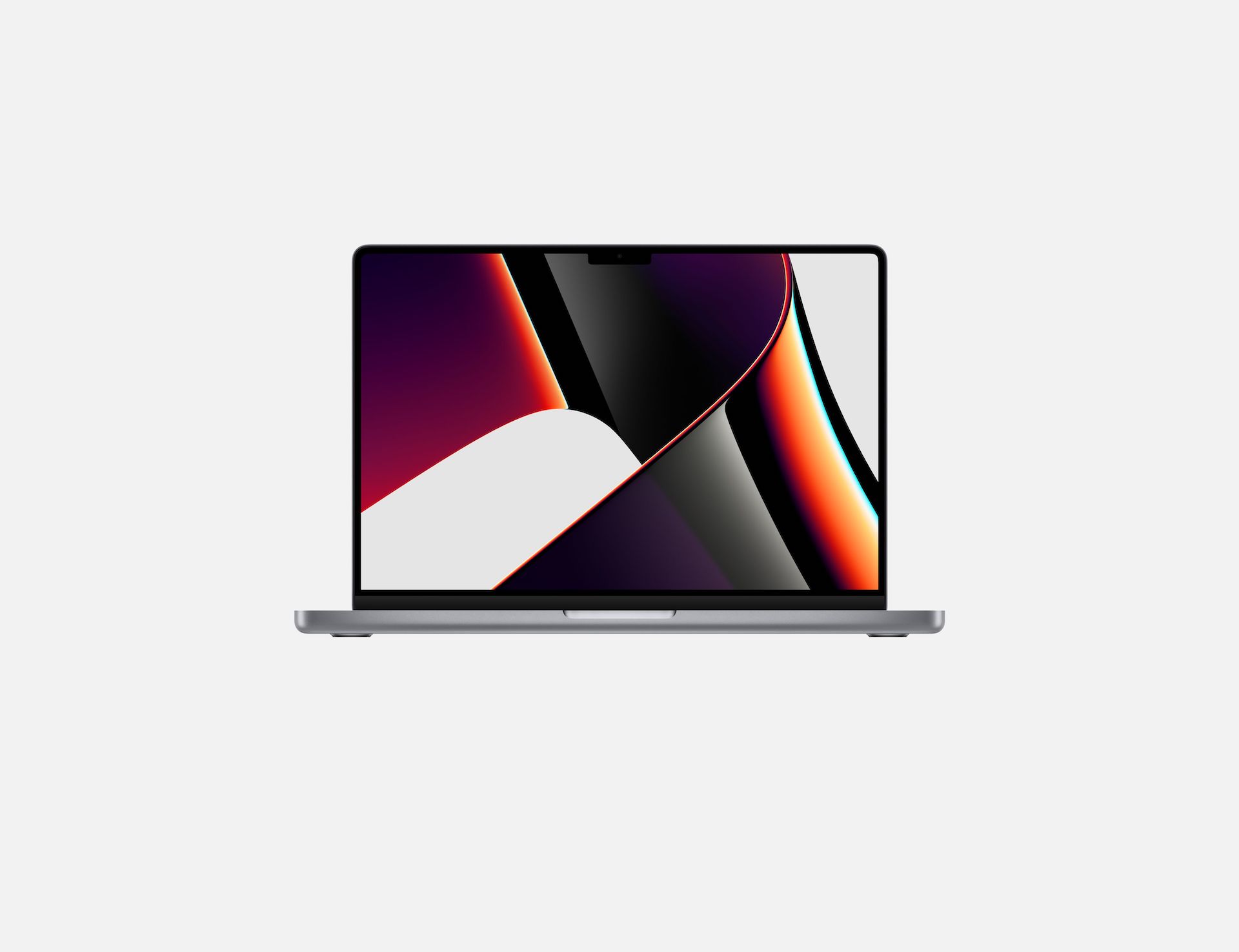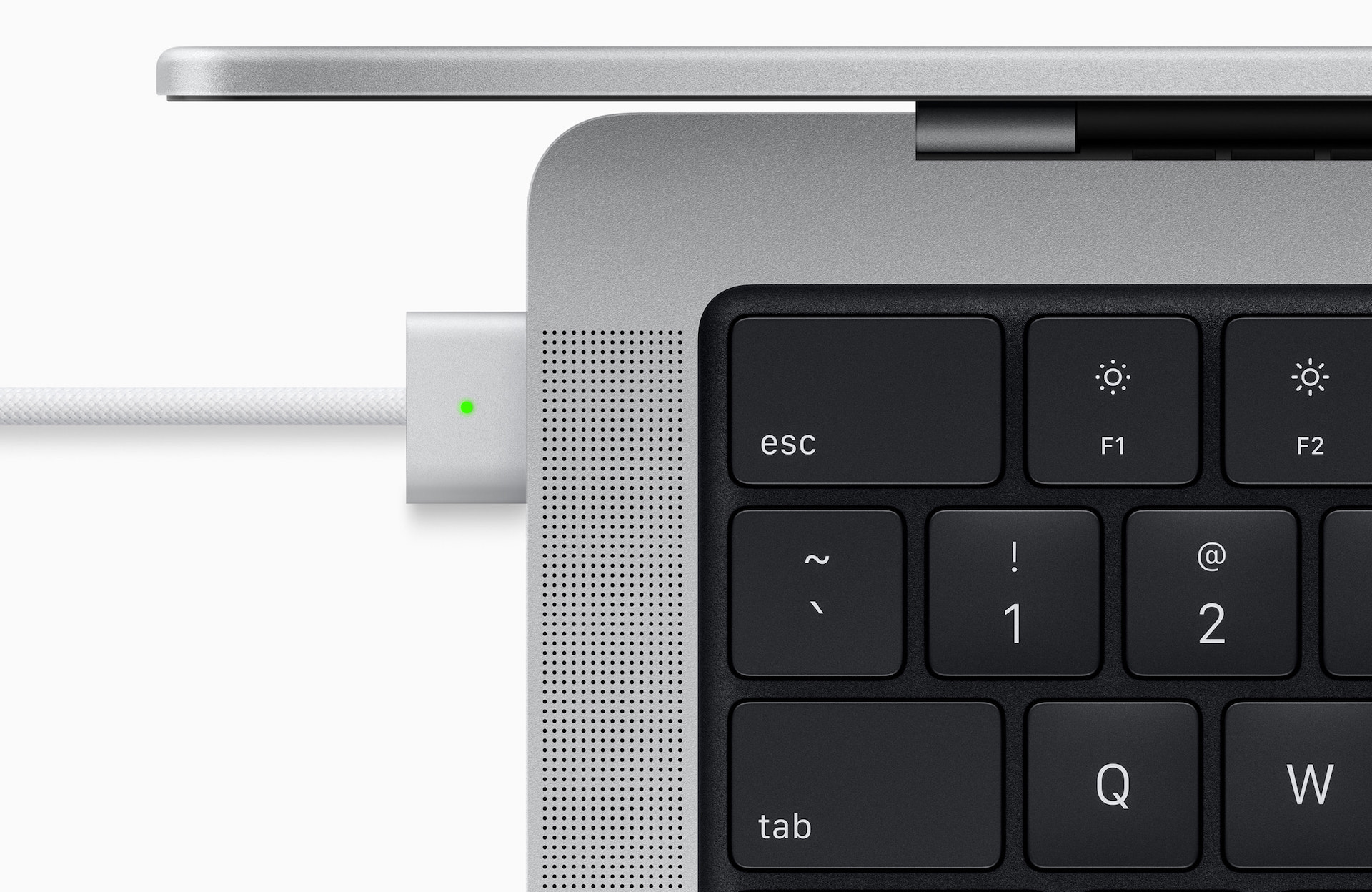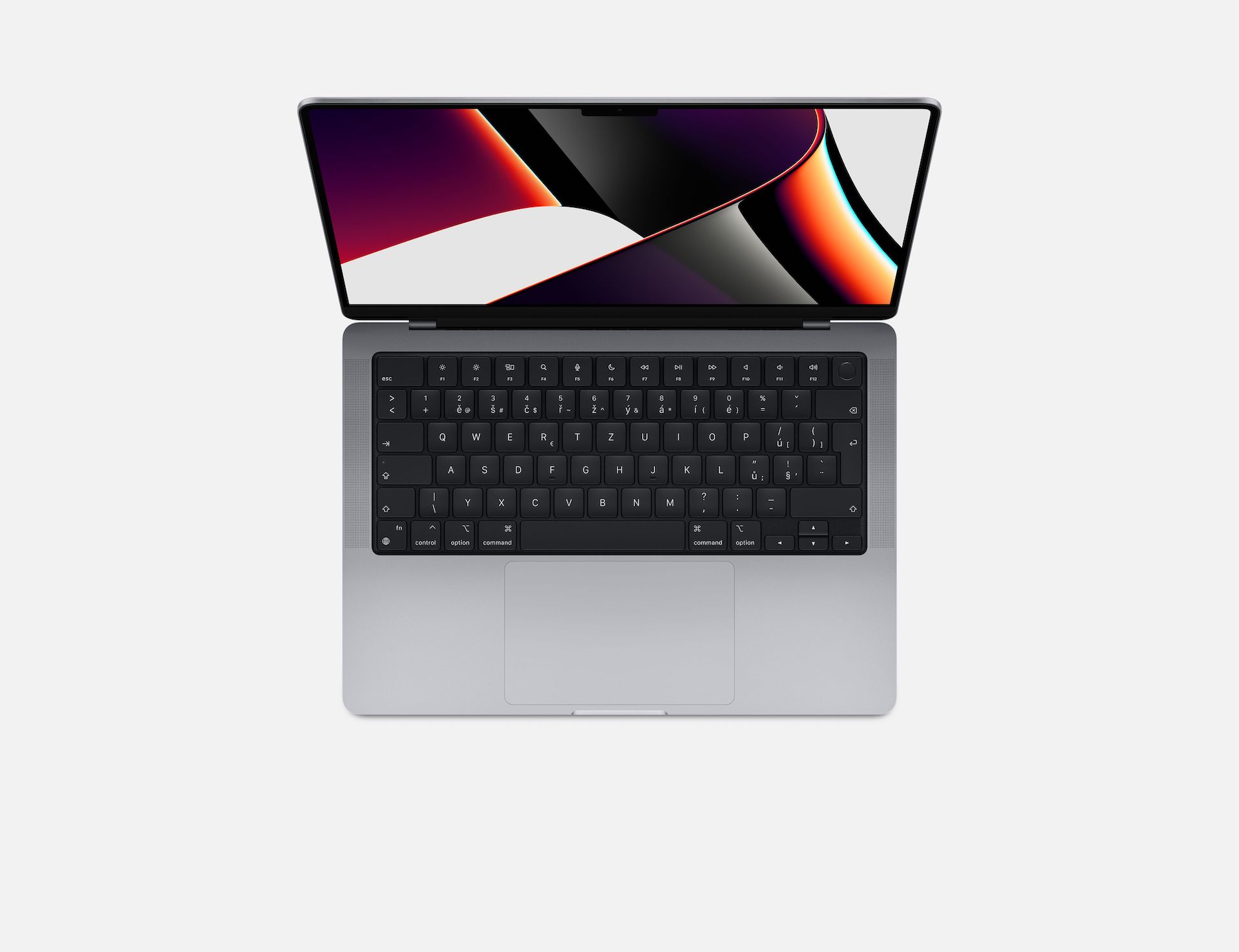Thanks to the Apple Silicon project, Apple managed to literally shock many apple lovers. When the Cupertino giant announced last year that it would stop using processors from Intel for its Apple computers and replace it with its own solution, at first everyone was skeptical. A drastic change came with the introduction of the first Macs with the M1, which advanced incredibly both in terms of performance and economy. So-called mobile chips for laptops are currently available, and desktop ones are expected to arrive soon, for example for the iMac Pro/Mac Pro. In theory, there is also the possibility that Apple could move Apple Silicon to a higher level and wade into the waters of so-called server chips.
It could be interest you

Apple Silicon is a success
Before we get to the point, let's quickly recap the current offerings of Apple Silicon chips. We can currently find them in four product lines, specifically in the MacBook Air, MacBook Pro, iMac and Mac mini, and they could be further divided into ordinary and professional. From the common ones, there is the classic M1 from 2020, and from the professional ones, the M1 Pro and M1 Max, which were first shown to the world only recently, when the redesigned 14″ and 16″ MacBook Pros with power to spare were revealed.
Already in the case of the "ordinary" Apple M1 chip, the Cupertino giant managed to amaze not only the company's fans, but also others. There is nothing to be surprised about. In terms of performance, Macs have moved several levels forward, while at the same time offering high battery life. Even with them, the problem with frequent overheating, which was mainly faced by Apple computers with Intel, which Apple showed from 2016 to 2019. Back then, it opted for a thinner design, which unfortunately made it difficult to cool these machines. It should also be noted that this is just the beginning.
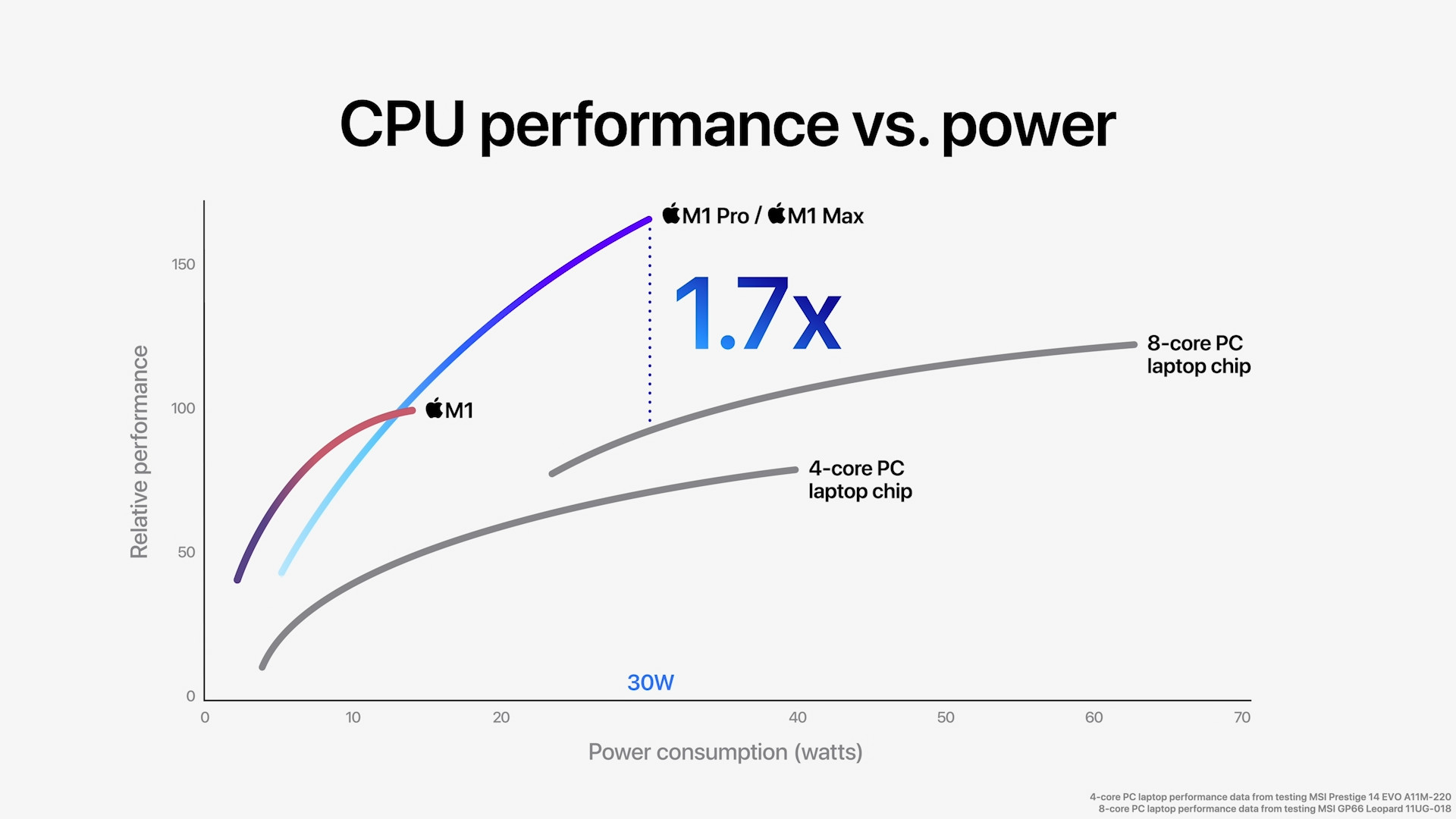
As we already hinted above, the best came almost a year after the launch of the M1 chip. During October, the long-awaited and redesigned 14″ and 16″ MacBook Pros were unveiled. Apple users had extremely high expectations for this laptop, mainly because of its performance. While in the case of previous generations, the combination of an Intel processor and a dedicated AMD Radeon graphics card provided sufficient performance, it was now clear that Apple would have to really prove itself if the new model with Apple Silicon could compete with the old one. This is precisely why two professional chips, M1 Pro and M1 Max, have been created, with the more advanced Max version doing so well that it can even compete with some configurations of the top Mac Pro.
It could be interest you
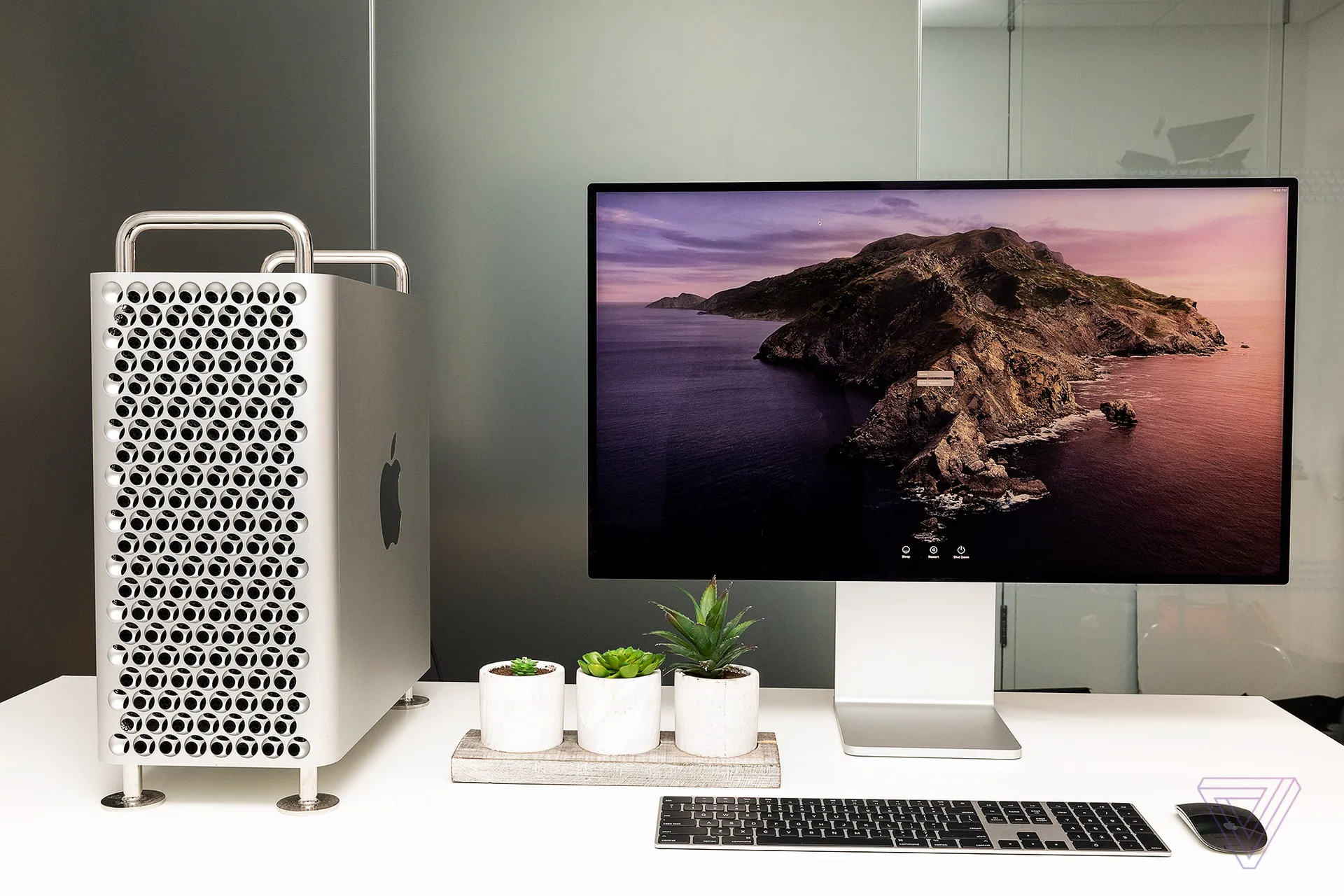
Where Apple Chips Move
We can now confidently expect the arrival of new Apple Silicon chips headed for desktop Macs. Accordingly, it can already be determined in advance that this should be the best that the series has to offer. Again, it is necessary to match the performance of, for example, the already mentioned Mac Pro. However, it shouldn't stop there.
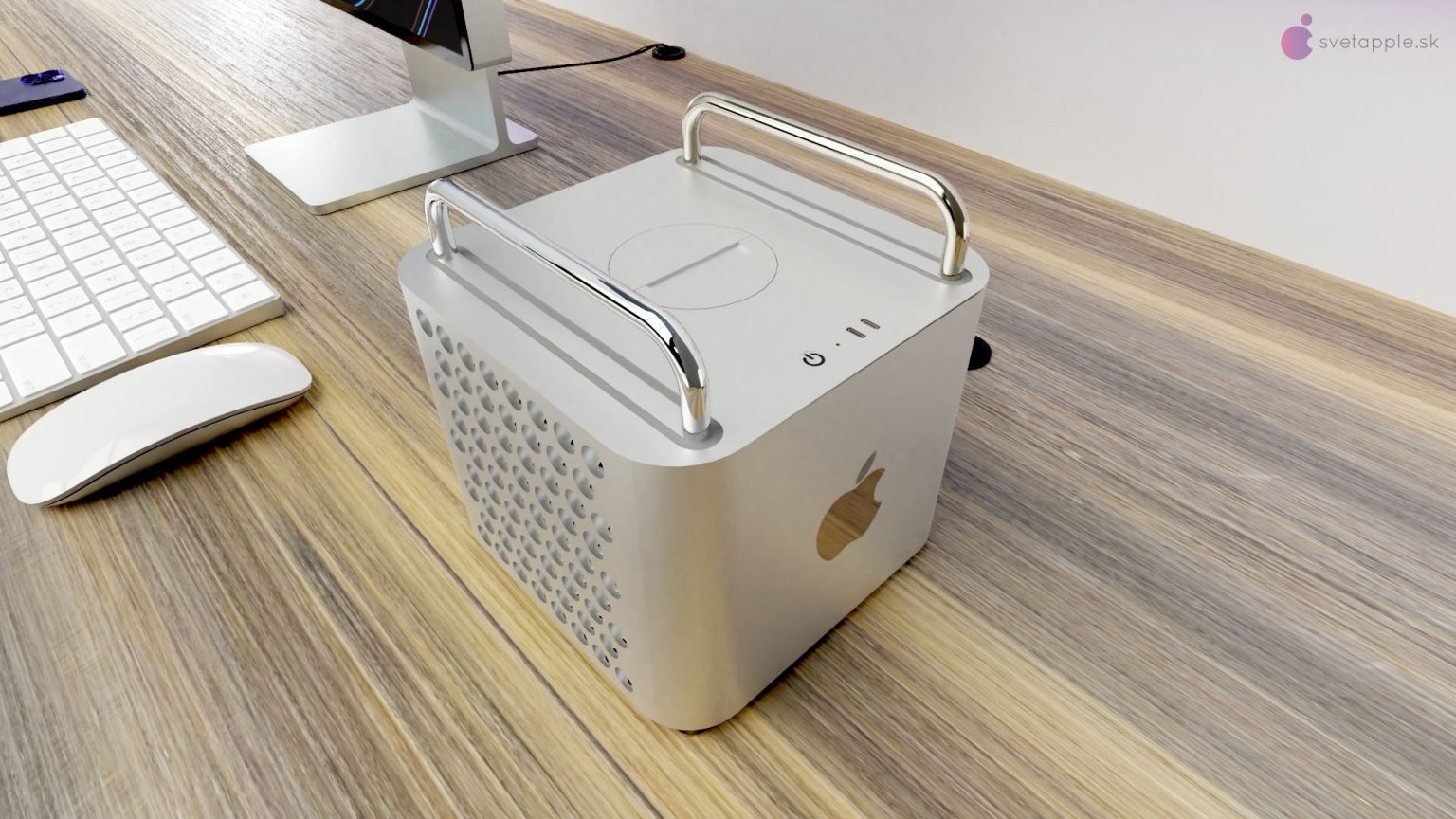
Apple Silicon server chips
Opinions are gradually appearing that Apple could wade into completely new waters and embark on the development of so-called server chips as part of the Apple Silicon project. Logically, it would make sense. In recent years, more and more emphasis has been placed on cloud services, which of course must be powered by some kind of servers. If we take into account the success of Apple Silicon chips to date, which at the same time benefits from the excellent interconnection of software and hardware, such a step would make a lot of sense.
In the case of Apple, we are talking specifically about iCloud. It is an integral part of the apple ecosystem, which enables apple growers, for example, to back up their data. So it is necessary to store all this data somewhere. For this, the Cupertino giant should have its own data centers, which it supplements with Amazon AWS and Google Cloud services. In addition, according to some speculations, Apple is the largest customer of the Google Cloud service. Of course, it is best for Apple as a company to be as self-sufficient as possible. Moreover, it would not be anything too unusual. For example, Google has its TPU chips, while Amazon bets on its Graviton.
It could be interest you
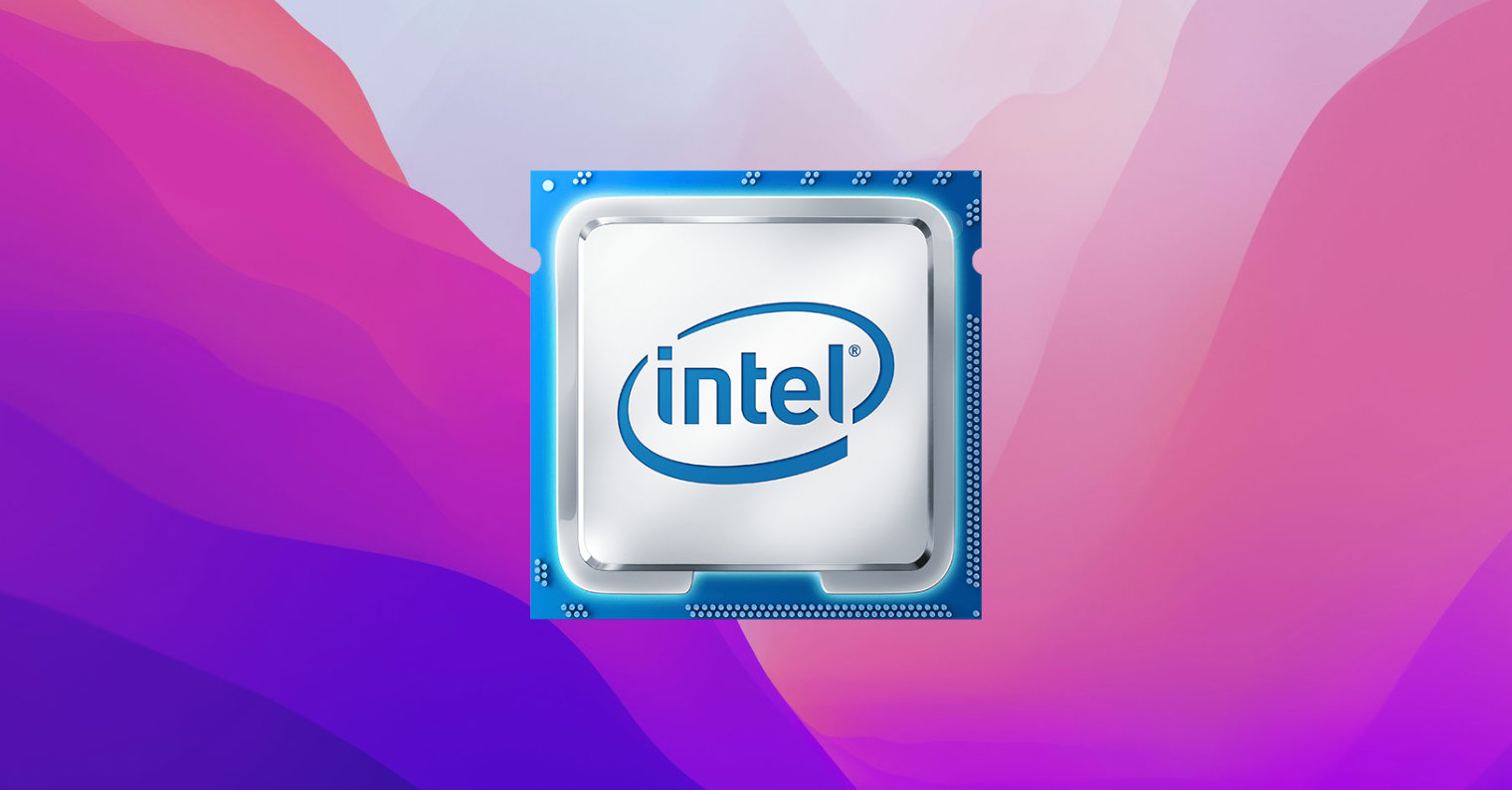
For these reasons, it is highly likely that sooner or later Apple will start developing and producing its own server chips that will power its data centers. In this way, the giant would not only gain a kind of independence, but could also offer a number of other benefits to the Apple Silicon family in general. In this case, we have safety in mind above all. A great example is Secure Enclave. This enclave serves to isolate sensitive data, for example information about payment cards, Touch/Face ID and the like. There are also opinions that the giant had its own Apple Silicon server chips exclusively for itself and did not offer them to anyone else.
